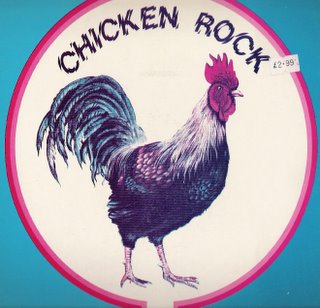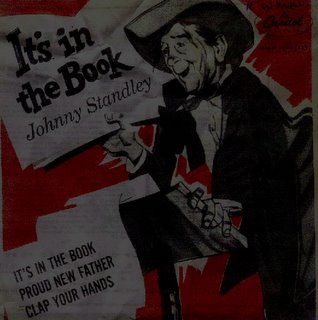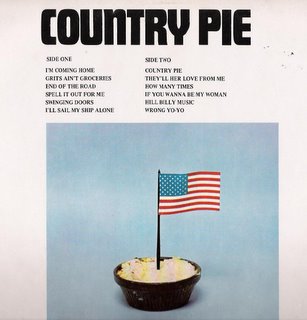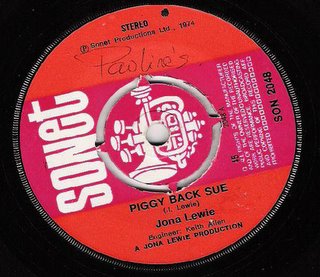
"The Olympics were one of the great L.A.-based acts who managed to score regional hits on the West Coast by balancing upbeat and often humorous novelty R&B tunes with those about popular dances of the day (some of the other West Coast groups who fit this description were the Jay Hawks, the Cadets/Jacks, the Marathons, and the DooTones). They are perhaps best remembered for their Coasters-derived "Western Movies," but their other L.A.-area hits include the popular dance number "Baby Hully Gully," "Big Boy Pete" (which stalled out at number 50 pop, but went to number ten R&B), and "Mine Exclusively."
The Olympics' original lineup -- raspy baritone Walter Ward (who sang lead), Eddie Lewis (tenor), Charles Fizer (baritone), and Walter Hammond (baritone) -- started out as Walter Ward & the Challengers, waxing "I Can Tell" in 1958. All three baritone leads rarely exploited their low range, preferring to sing in shrill high tones. They changed their name to the Olympics shortly thereafter, hooking up with the songwriting team of Fred Smith and Cliff Goldsmith, who wrote and produced the act's first hit in 1958 for Si Aronson's Hollywood-based Demon Records. "Western Movies," a Coasters-type novelty number, caught on quickly, right around the same time that all of America was preoccupied with Western-themed movies and TV shows. The single climbed to number eight pop and number seven R&B in 1958."
Not sure how this copy on a Brazilian label "Arvec" got to Brick Lane flea market but I'm glad it did. Some great songs on here but not quite in the same league as the Coasters who had Leiber and Stoller writing for them.
The Olympics - Private Eye
The Olympics - Dodge City
These Rapid Share files are accessible by scrolling down the page and clicking on the FREE button. Wait at the bottom of the page for your file to appear ( about 20 seconds ).


























